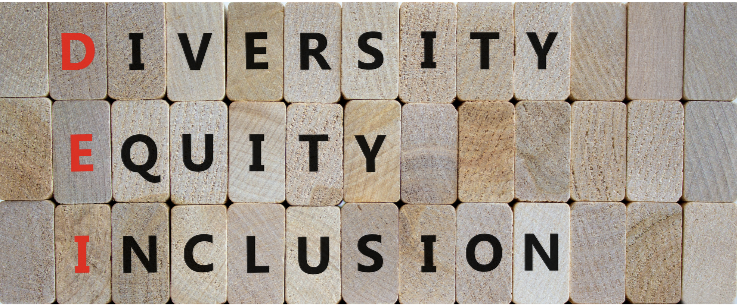As society becomes more diverse and inclusive, the need for Diversity, Equity, and Inclusion (DEI) strategies in all aspects of life, including events, becomes increasingly important. DEI strategies are designed to promote and encourage diversity, create an inclusive environment for all attendees, and address any issues of discrimination and unequal treatment issues.
In the event planning industry, Diversity, Equity, and Inclusion (DEI) strategies are critical for ensuring that events are inclusive and accessible to all attendees, regardless of race, ethnicity, gender, sexual orientation, age, or ability. By developing and implementing DEI strategies, event planners can create an inclusive environment where everyone feels valued and respected.
Analyze the Current Event Landscape
One of the first steps in developing DEI event strategies is thoroughly analyzing the current event landscape. It includes assessing the demographics of attendees, the type of events held, and any issues of discrimination or unequal treatment that may have arisen in the past. This information can then inform the development of DEI strategies tailored to the event’s specific needs and attendees.
Implement Diversity, Equity, and Inclusion in your Event Team
Another critical component of Diversity, Equity, and Inclusion strategies for events is creating a diverse and inclusive event team. It includes selecting a group representing the community’s diversity and ensuring all team members learn DEI principles and practices. The team should also be responsible for implementing DEI strategies and promoting an inclusive environment at the event.
Inclusivity should also be a key consideration when choosing the event venue and location. It includes ensuring that the forum is accessible to all attendees, regardless of ability, and located in a culturally and ethnically diverse area. Event planners should also consider the type of transportation and parking options available for attendees and ensure that these options are accessible and convenient for all.
Make use of Marketing and Promotion
Marketing and promotion of events is another crucial area in implementing DEI strategies. It includes creating inclusive marketing materials that reflect the community’s diversity and ensuring that promotions target a diverse audience. Event planners should also consider the language used in promotions and ensure that it is inclusive and does not perpetuate stereotypes or discrimination.
Finally, DEI strategies for events should include ongoing training and professional development opportunities for event planners and other staff. It provides training on DEI principles and practices and addressing and prevents discrimination and unequal treatment at events. Developing DEI strategies for events is critical for ensuring that events are inclusive and accessible to all attendees, regardless of race, ethnicity, gender, sexual orientation, age, or ability.
By conducting a thorough analysis of the event landscape, creating a diverse and inclusive event team, promoting inclusivity in venue selection and marketing, and providing ongoing training and professional development opportunities
~~
You might also enjoy reading the following blogs:














